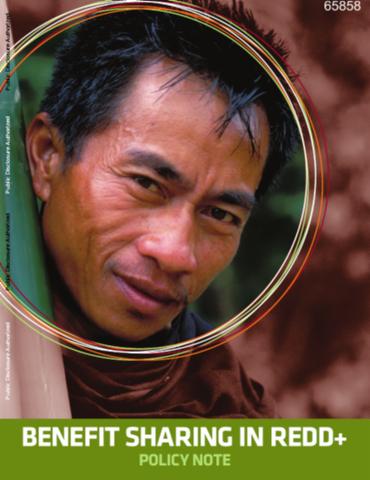Resource information
International policies to reduce carbon emissions from deforestation and degradation (REDD+) envisage the creation of financial incentive mechanisms that reward forest protection efforts and adequately compensate those actors that face new costs. In order for REDD+ to achieve these objectives, effective benefit sharing systems will need to be implemented. Benefit sharing in REDD+ could take a wide variety of forms depending on the policies used to achieve REDD+ objectives. However, common to all approaches is the need for clear processes to determine actors' eligibility, the scale of benefits (and costs) and the governance arrangements. While many of the general concerns about benefit sharing within communities are widely referenced (e.g., elite capture), relatively less is known about how benefits are actually shared within communities and the implications in terms of economic opportunities, empowerment and vulnerability. There is also surprisingly little empirical evidence on the implications of different benefit sharing approaches for the poor in the different examples reviewed; for example, in terms of questions about whether benefits have actually compensated people adequately, helped to lift people out of poverty or deal with temporary shocks. These issues need to be much better understood within emerging REDD+ projects and programs, which in many cases have an objective to benefit those affected by REDD+ implementation.


